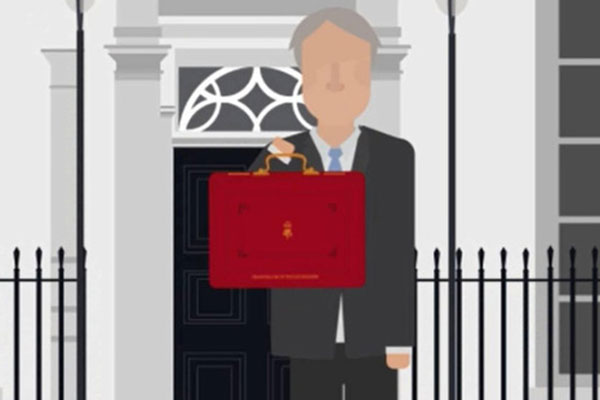Panthera Spring Budget

The Chancellor, Jeremy Hunt, delivered his first Spring Budget on 15 March 2023. Unlike the disastrous September 2022 ‘mini budget’, this budget won’t cause many ripples in the worlds of business and finance. In fact, it was a relatively dull affair, with few headline announcements that we expect will affect our clients.
The chancellor emphasized that this was the budget for growth. The good news is that there is a much improved outlook for 2023 and beyond, with predictions that we may avoid a recession, but only time will tell.
The Autumn budget however, was a different matter and so we thought we’d remind you of the changes that will come into effect from April 2023.
Reduction of additional rate tax threshold
The additional rate threshold reduces from £150,000 to £125,140 exposing more individuals to the 45% tax rate.
Increase in Corporation Tax
The main rate of Corporation Tax increases from 19% to 25% for businesses with profits exceeding £250,000. Businesses with profits under £50,000 will continue to pay at 19% and those in between will be subject to a marginal rate of 26.5% on profits falling between those upper and lower limits.
Reduction of the Dividend Allowance
The tax-free allowance for dividend income (the Dividend Allowance) reduces from £2,000 to £1,000 for individuals in receipt of dividend income.
Reduction of the CGT Annual Exempt Amount
The Capital Gains Tax (CGT) Annual Exempt Amount (AEA) reduces from £12,300 for individuals down to £6,000, and from £6,150 for most trustees down to £3,000.
CGT extension to the nil gain/nil loss period to three years for couples that separate or divorce
Increase to the period in which spouses and civil partners who are in the process of separating can make no gain and no loss transfers of assets between themselves to three years; and unlimited time if the assets are the subject of a formal divorce agreement. Previously, separating couples had until the end of the tax year of their separation.
Rebalancing of R&D tax reliefs
Tax relief claimable by businesses through the Research and Development Expenditure Credit (RDEC) and the research and development tax relief for small and medium-sized enterprises (SME), changes from April 2023. The new rates are 20% for RDEC (currently 13%), 86% additional deduction for SME (currently 130%), and 10% for SME payable credit (currently 14.5%).
Car fuel and van benefit charge to increase in line with inflation
The car fuel and van benefit charges are imposed when an employer provides their employee with car fuel for personal journeys or a van which is available for private use. A van benefit charge is not incurred for commuting where other conditions are met. The car fuel benefit multiplier increases from £25,300 to £27,800. The flat rate van fuel benefit increases from £688 to £757. The flat rate van benefit, for vans which emit CO2, increases from £3,600 to £3,960.

